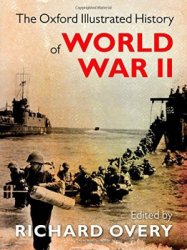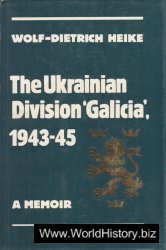Thus, there was a certain interconnectedness between the internal political development and the military organization of a community. In Greece, among the peoples of Italy, and in large parts of Europe, there was a clear tendency to consider only the warriors as full members of the community. In Greece and Italy, though, this tendency was fully realized only in some places, for instance, in Sparta and a few other poleis where all citizens were hoplites. In many Greek states, the warrior assemblies developed into people’s assemblies. But it was only in Greece that the idea of an equality in principle of all citizens on this basis could establish itself and could, toward the end of the Archaic period, even give rise to democracy. In Rome and elsewhere, such notions were more than adequately countered by the much stronger bonds of clientela and of personal loyalty to a chief. Still, nearly everywhere in Europe as a rule, the ability to fight together with one’s neighbors or kinsmen made a man truly a member of a community. Conversely, military service was, from the Greek polis to the Celtic tribe, an obligation as well as a right of those who called themselves free. The world of large territorial states and monarchies in Egypt and Asia was very different from this. There, warfare was in the hands of a relatively small and professional elite that during a military campaign could form the core of large conscript militias raised from a subject population. This was, with many variations, the case from China to the Persian Empire. The royal court maintained some specialized troops, since the 2nd millennium BC charioteers, and since the early 1st millennium, cavalry as well as royal bodyguards. But however costly that professional core army might be—and certainly the cost of maintaining the horses was levied, ultimately, from the peasant population—in times of war, it had to be supplemented with recruits, mainly again from the peasant populations. But however large some armies for some particular campaigns might have been, they always constituted but a small percentage of the total population. The mass of the people was essentially disarmed, for as a rule the drafted recruits received their arms from the royal arsenals and returned them at the end of a campaign. A Greek citizen, on the other hand, kept his spear and his shield at home and only a “tyrant” could try to disarm the citizens. In Greek eyes, therefore, all those subject to the Great King of Persia were, in fact, no more than slaves.
|
|
||||||||
|
Www.WorldHistory.Biz
Sundries
 Contact Contact
|
 
14-08-2015, 04:31
A connection between political and military organizations
  |
|||||||
 |
 |
 |
 |
|||||
|
||||||||

 World History
World History





